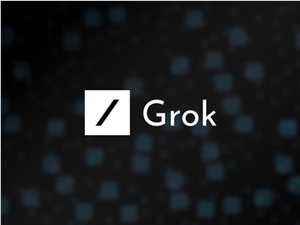NIO officially ventures into the field of embodied intelligence. According to a report by "21 Automotive", NIO has formed a team of about 20 people dedicated to developing a robotic dog project, led by Xu Kang, a former algorithm expert from Momenta and now a member of NIO's autonomous driving team.
Industry analysts believe that compared to bipedal robots, four-legged robotic dogs have significant advantages in stability, flexibility, and load capacity, making them more suitable for operations in complex terrains. Currently, robotic dogs have shown great application potential in fields such as power inspection, process industries, firefighting and rescue, and national defense, with a potential market size expected to reach hundreds of billions of yuan.

The automotive industry is accelerating its layout in embodied intelligence. Tesla launched its humanoid robot "Optimus" in 2022, sharing technology with its FSD autonomous driving system; Xpeng Motors established "Pengxing Intelligent" after acquiring Dogotix, planning to launch the AI robot Iron in 2024; Li Xiang, CEO of Li Auto, stated that they would enter the humanoid robot field after solving the challenges of Level 4 autonomous driving. In addition, traditional automakers such as GAC Group, BYD, Chery, and Seres are also actively making arrangements.
Experts point out that the algorithm architecture of autonomous driving and embodied intelligence is highly similar in "perception-decision-control", allowing for technology reuse. In the past year, the field of embodied intelligence has completed no less than 60 financing rounds, totaling over 5 billion yuan, becoming a hot investment area. However, as the technology of embodied intelligence is still in its early stages and the application scenarios are more complex, NIO's approach in this layout appears to be relatively cautious.









